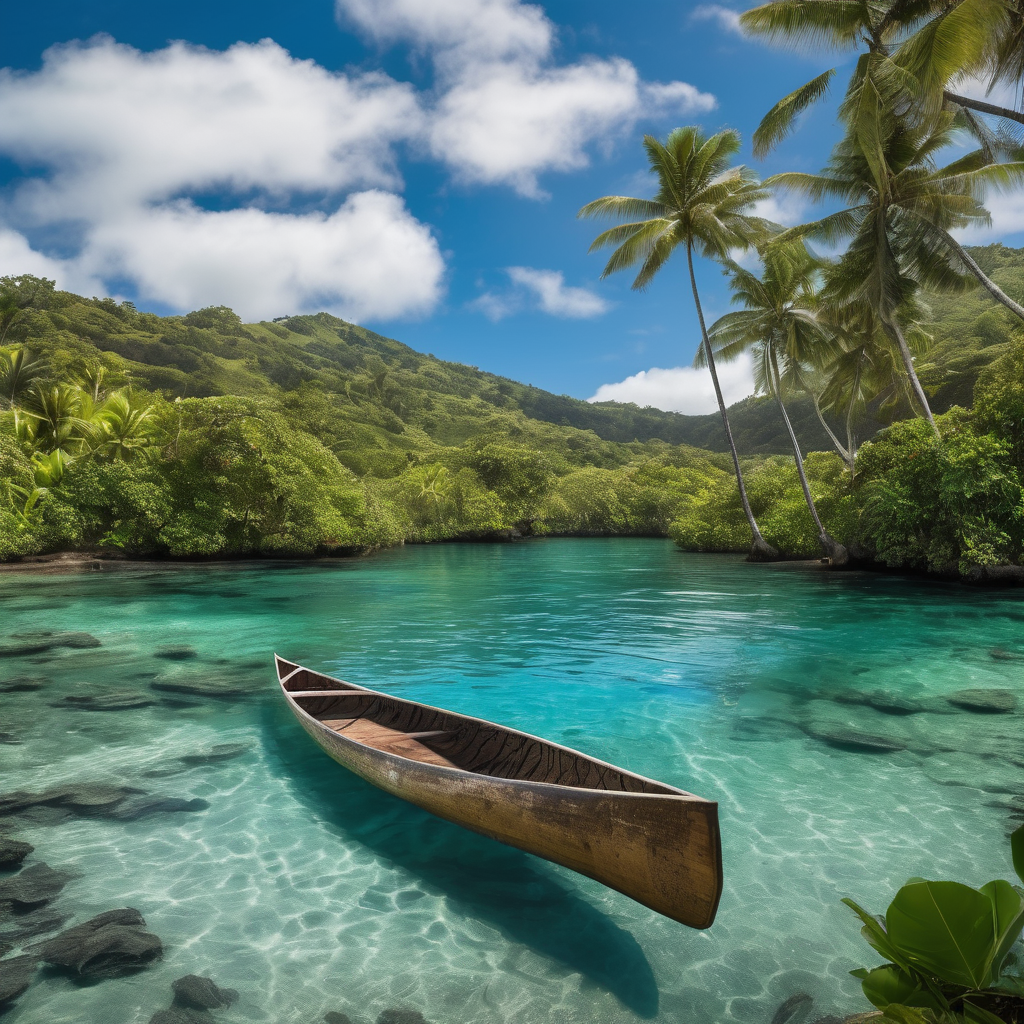As the world gears up for the United Nations Climate Conference (COP30) in Belém, Brazil, Pacific Island nations are calling for urgent measures to tackle what they describe as a climate crisis threatening their very survival. Dr. Satyendra Prasad, a Senior Fellow at the Carnegie Endowment for International Peace and former Ambassador of Fiji to the UN, emphasized this pressing concern in his recent piece titled “COP30 – Can the World Deliver a Consensus that Secures the Blue Pacific?”
At the recent Pacific Islands Forum Meeting, leaders from the region underscored the need for actionable solutions and effective execution of climate initiatives rather than mere dialogue that leads to little progress. Dr. Prasad highlighted that the Pacific region is facing an alarming annual infrastructure deficit of more than $1 billion. Vital services like education, healthcare, and utilities in countries such as the Solomon Islands, Papua New Guinea, Vanuatu, and Fiji are urgently in need of rehabilitation or, in some cases, relocation.
He pointed out a significant inequity in climate financing, stating, “The Pacific receives less than 1.5 percent of total climate finance,” despite being among the most vulnerable areas to climate change impacts. Dr. Prasad stressed that this funding imbalance must be promptly addressed to ensure the survival and continued development of communities across the Blue Pacific. Notably, Vanuatu and the region’s youth have shown remarkable leadership in pushing for an International Court of Justice advisory opinion on the climate obligations of states, an initiative expected to invigorate discussions at COP30.
Warning against a bleak trajectory that could lead to a 3°C temperature rise, Dr. Prasad emphasized the catastrophic consequences such an increase would have on coral reef ecosystems, which are crucial for both food security and tourism within the Pacific. He advocates for a “predictable” climate finance structure that can provide necessary resources to nations like Tonga, Palau, and Papua New Guinea, enabling them to effectively respond to climate challenges.
Dr. Prasad urged Brazil, the upcoming host for COP30, to work towards rebuilding trust in the global climate negotiation process, commending the determination of leaders from Tonga, Papua New Guinea, and the Solomon Islands to ensure that developed nations uphold their commitments to climate finance.
Looking ahead to COP31, which he proposed should be co-hosted by Australia, Dr. Prasad envisions it as a critical opportunity for decisive action. He advocates for a comprehensive package prioritizing immediate climate initiatives, such as the establishment of an operational Loss and Damage Fund, a sustainable Pacific Regional Infrastructure Facility, clearly defined climate finance allocations, and regional programs aimed at protecting oceans and biodiversity.
He also highlighted Prime Minister Sitiveni Rabuka’s vision of a “Blue Pacific Ocean of Peace,” advocating for the inclusion of the ocean-climate connection into global climate policies. Dr. Prasad concluded on an optimistic note, stating that COP30 and COP31 together represent “a rare and unique window of hope” for Pacific nations to secure a sustainable future.
With a growing consensus for immediate action and a renewed commitment from Pacific leaders, there is hope that their advocacy will inspire significant global efforts to combat climate change and protect vulnerable communities in the region.
